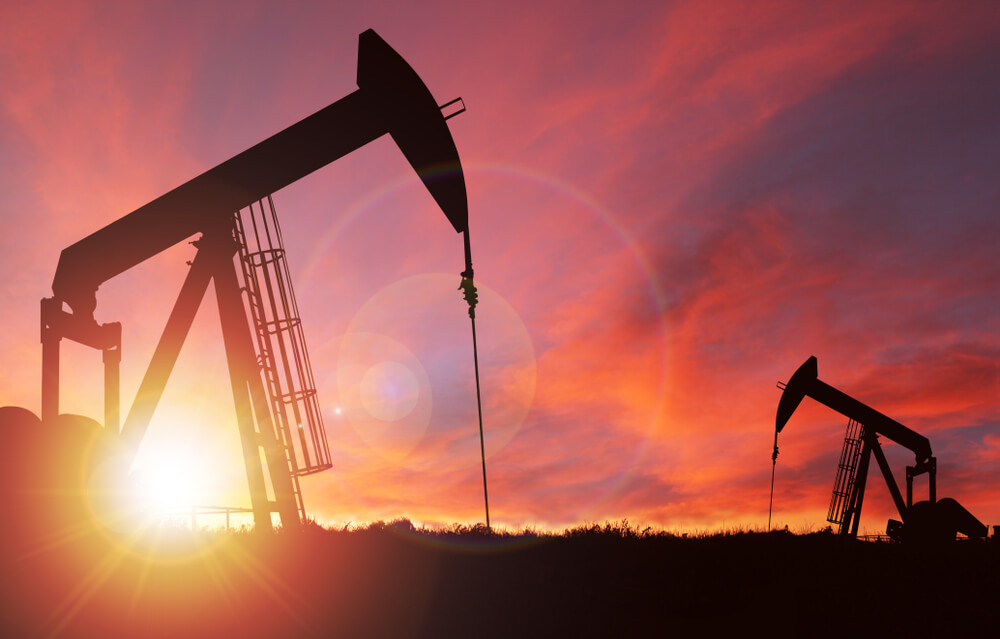
Arab states and Persian gulf are gambling for oil
In less than five weeks, Donald Trump will have to say goodbye to the White House. Although Trump pulled the United States out of the Paris climate agreement nearly four years ago, the world has made great strides in eliminating fossil fuels over the same period. During this period, the price of solar energy production has decreased, and there is a broad consensus for its development. However, it seems that this energy will reach its peak in the next decade and replace renewable energy sources.
For the rest of the world, oil is rapidly losing value. Still, in the Middle East, energy and state-owned companies seem to keep fossil fuels alive and increase demand for them as much as possible.
Abu Dhabi has recently pledged to spend $122 billion over the next five years to increase its oil production capacity by 25% and has granted exploration rights to a Western oil company. Oman has set up a new company called Energy Development Oman to develop its largest oil field and use it as a tool to borrow money in international capital markets. Saudi Aramco is also planning to increase its capacity to 13 million barrels per day.
Of course, these are not the only oil sheikhdoms that count on Middle Eastern oil. The UK-based British Petroleum Corporation, one of the world’s largest energy companies, is working with Iraq to increase the Rumaila field’s production by a third and exploit the natural gas. The company is also helping Abu Dhabi and Oman increase production.
Is the Oil era over?
All the Persian Gulf oil powers are committed to creating a more balanced economy based on technology, trade and tourism, assuming that the oil era is over. BP thinks that oil demand has peaked and that hydrocarbon production will fall by 40% in the next decade due to renewable energy.
Calculations are based on estimates of hydrocarbon supply and demand over the next few decades. Indeed, fossil fuels are rapidly declining in favour of renewable energy, but this does not mean that global demand for oil and gas is disappearing.
As the UK acknowledges its annual energy outlook, fossil fuel demand may increase by 2050 if the world does not take climate change seriously. Under the other two BP scenarios, which result in a rapid decline in hydrocarbons and a net-zero state in more severe cases, the world will continue to consume large amounts of fossil fuels. Since the Persian Gulf is a very low-cost oil producer, it should be able to continue pumping oil into the market while other producers have almost stopped production.


